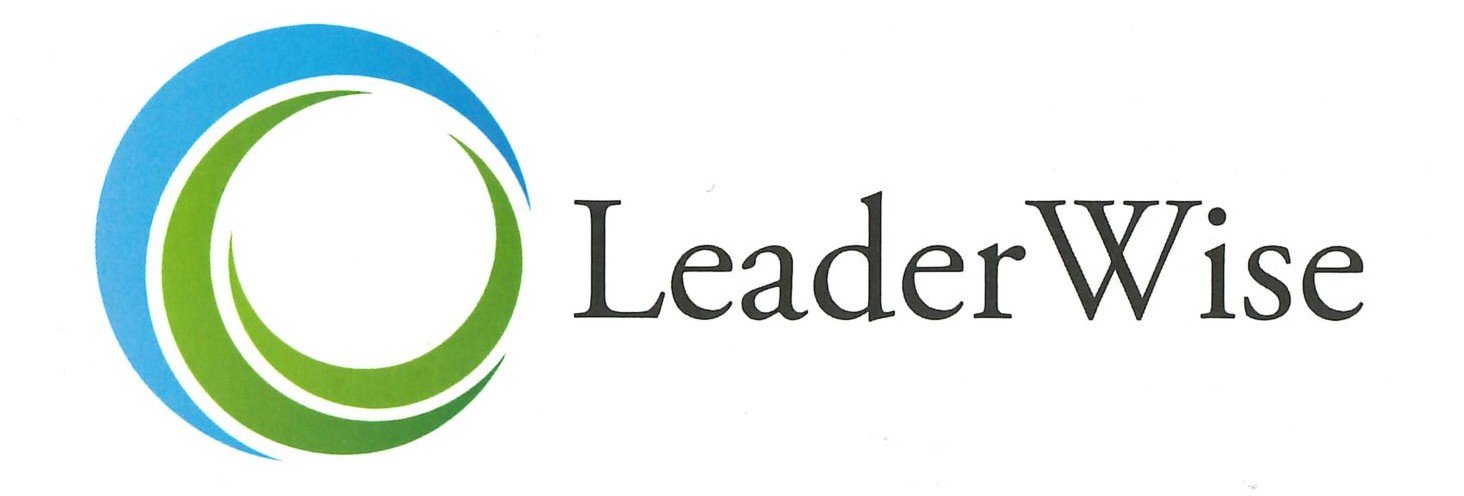Max Out the Body as a Source for Positive Energy
Resilience Task 9
by Sarah Moore-Nokes, M.DIV, ACC
Ministers, therapists, coaches, social workers and all sorts of people in other helping professions live a lot of their lives in their heads. We’re paid to think! To exegete. To listen. Our call is to use our brains to connect with people, to solve problems, and to be present – all of which costs us emotional energy and leads to physical fatigue. I cannot tell you how many pastors I know who think of their bodies (when they think of them at all) as a mode of transportation for their brain where the “real” work happens.
But when we ignore our bodies for too long it takes a serious toll.
“Our vitality depends on assertively working on our own health.”
—Dr. Tom Skovholt
Did you catch that? Assertively. Not as an afterthought to our day or when we have time on the weekend but assertively … which sounds to me like it requires consistency and intentionality. Skovholt suggests 5 areas of attention for our bodies: Intense exercise, sleeping well, nutritious eating, meditation and relaxation, love and affection.
But many of us don’t prioritize even one of those areas. We focus on cognitive tasks over physical ones. We skip workouts, lunch, and sleep when our lives get busy because we are valued for what our brains produce. And we pay the price – walking around as stressed out, overtired, immunocompromised humans.
It’s clear, when we attend to our physical selves, we are happier, healthier, more productive, and better able to connect with others.
Not that long ago, a coaching client of mine said to me, “I feel a little weird about seeing you at the same time I’m seeing a therapist. It’s like I’m constructing a team.” To which I responded, “I think that’s brilliant!” Caring for ourselves is a challenge. Caring for ourselves by ourselves might be impossible. Why not create a team?
What would it look like to create a resilience team for your physical well being? Maybe you’d join a fitness group for accountability and make an appointment with a nutritionist to make some small changes to the way you eat. Maybe you’d find a meditation group or a contemplative worship service that helps you quiet your mind on a Wednesday night and a group of friends (who have nothing to do with work) to have dinner with once a month. Maybe you’d finally talk with your doctor about why you’re not sleeping so well and make a plan to address it.
Skovholt’s assertion that our vitality is dependent on our health is an invitation to find ways to get into our bodies because our resilience depends on it.
How will you build your team for your physical health?
Contact us if you’re interested in exploring how a LeaderWise therapist, coach, spiritual director, or reflective supervisor can be part of your team.

